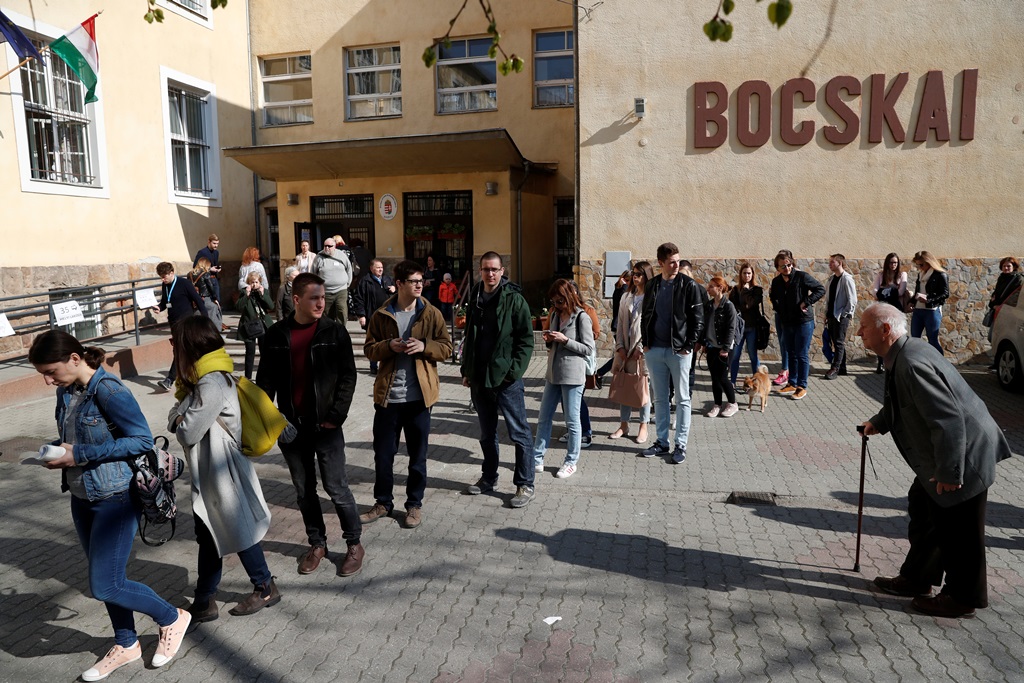Elections in Hungary: A Strong Mandate for Orbán

What do the election results mean for the ruling coalition?
Fidesz-KDNP won 133 parliamentary mandates (the same number as in 2014), which means it has a constitutional majority. This is a better-than-expected result based on all the pre-election polls, especially since the coalition achieved it after eight years in power. It was the third victory in a row, which is unprecedented in Hungary. This means it has a strong mandate to govern, especially considering the high turnout (at around 70%). This was advantageous for the ruling camp, which effectively mobilised voters everywhere outside the capital, Budapest, with a campaign built on xenophobic slogans.
What does it mean for the opposition?
The opposition parties’ results were poor overall. Jobbik repeated its vote from 2014, but left-wing parties received fewer votes than their coalition had in the previous election. The fragmentation of the opposition and the lack of coordination between their candidates seem to have doomed them to failure in the current Hungarian electoral system, which rewards the greatest political power. These parties were unable to represent voters unsatisfied with Fidesz, most of them concentrated in bigger cities. The opposition will continue to struggle with this crisis. The chairman of Jobbik, MSZP, and one LMP leader have already resigned.
Will Hungarian domestic policy change?
The elections confirmed to the government the correctness of its policy. The rhetoric and political actions of late can be expected to continue. The government also may further limit the activities of NGOs and independent media. On election night, government spokesman Zoltán Kovács announced the “closing of organisations engaging in politics with no right to do so”. At the same time, the governing Fidesz did not make any election promises and did not announce any structural reforms. This means that the content of its domestic policy is unlikely to change. At the same time, one can expect further political polarisation in Hungarian society, with the division by larger cities vs. villages.
What changes can be expected in Hungary’s European policy?
The strong mandate obtained by Fidesz-KDNP strengthens the Hungarian government’s position towards EU institutions. This also means reinforcement of supporters of EU development in the direction of providing Member States with greater control over the process of European integration. The main directions of Hungarian European policy will remain unchanged. Making the next EU budget beneficial for the country will be a priority, with the government willing to make necessary concessions (e.g., in EU migration policy), while on issues related to the rule of law it will try to limit the debate to formal legal arguments. In view of the expected radicalisation of actions under its domestic policy, it is possible to assume a further shift of Fidesz to the right wing of the European People’s Party, testing its cohesion.




